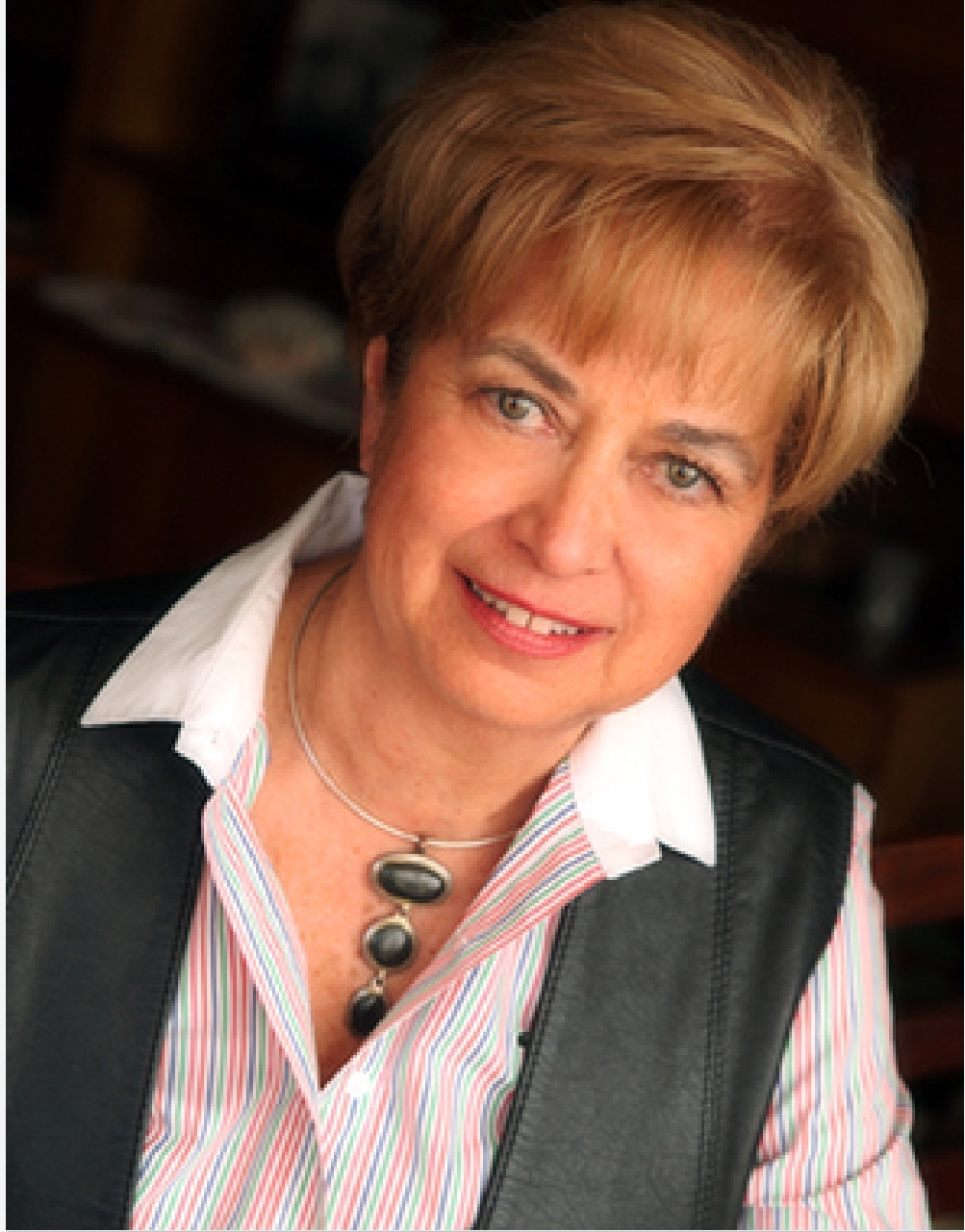By Marianela Cartagena
Sometime ago, I bought a bouquet of flowers from my florist and as I was in a hurry I did not talk to him as was my custom. As I started my fast walk towards my apartment, the salesman told me: “This white rose is for you! Smiling and showing all his teeth, with charming and loving eye contact.This is precisely what I call an act of tenderness.
Detecting the need of people is one of the topics that are currently being worked on in the “Customer Service” workshops and this can be perfectly extrapolated to on-board service. The needs of passengers are the same as those of all human beings and among them the need to feel important and also to be welcomed with tenderness stands out.
Be creative in the behaviors of Attention on board every day: During the flight, on the way to the airport, in the company van, receiving the catering, welcoming the passengers at the door of the plane or saying goodbye at the entrance of the jetway or as it was in the past at the bottom of the stairs, it is not an easy task. A nice Duchenne smile (the kind that comes from the soul and is reflected in people’s eyes). A gentle “see you soon, have a good day” smiling and with eye contact, will be remembered by many people for many years and they will comment on it as a special moment of their trip, whether for tourism or business.
Especially in the role of cabin crew leader these concepts need to be put into practice. A warm welcome in the Briefing room and a greeting as part of the Public Address to the passengers with a smile, have a special warmth that perfectly distinguishes the amygdala of the brain, responsible for housing and producing the emotions of the person and this, at the same time, remains etched in the limbic system, as part of our long-term memory.
Here I would also like to recall the concept of Recursion, which we talked about in my first column, about Strengths that Cabin Crew must have, because in these times of a Pandemic situations more difficult to handle than usual are occurring on board.
A person with a developed sense of Recursion, when exposed to a series of stimuli or chaotic information, is able to combine the elements and generate a structure to produce a value.
In this sense, a first reaction of paralysis or panic, which we can have in a situation of chaos is “normal”, since it is something innate that nature gives us, to give us a few seconds of reflection in adverse situations and/or uncertainty . Subsequently, our knowledge and past experiences lead us to act in a Recursive way, making the best decisions according to the case, place and resources that, in those moments, we can have.
Today we are called to use all the cognitive and emotional tools that we have, to make our lives a fuller, as well as in the case of the crew, to make sure that their clients have a great experience on board despite any contingency.
(*) Marianela Cartagena Muñoz, is a Psychologist from the Diego Portales University in Santiago de Chile, Executive Director of MCMSilva consultores and has developed an extensive career in commercial aviation in her country. She can be contacted at mcartagena@mcmsilva.cl

